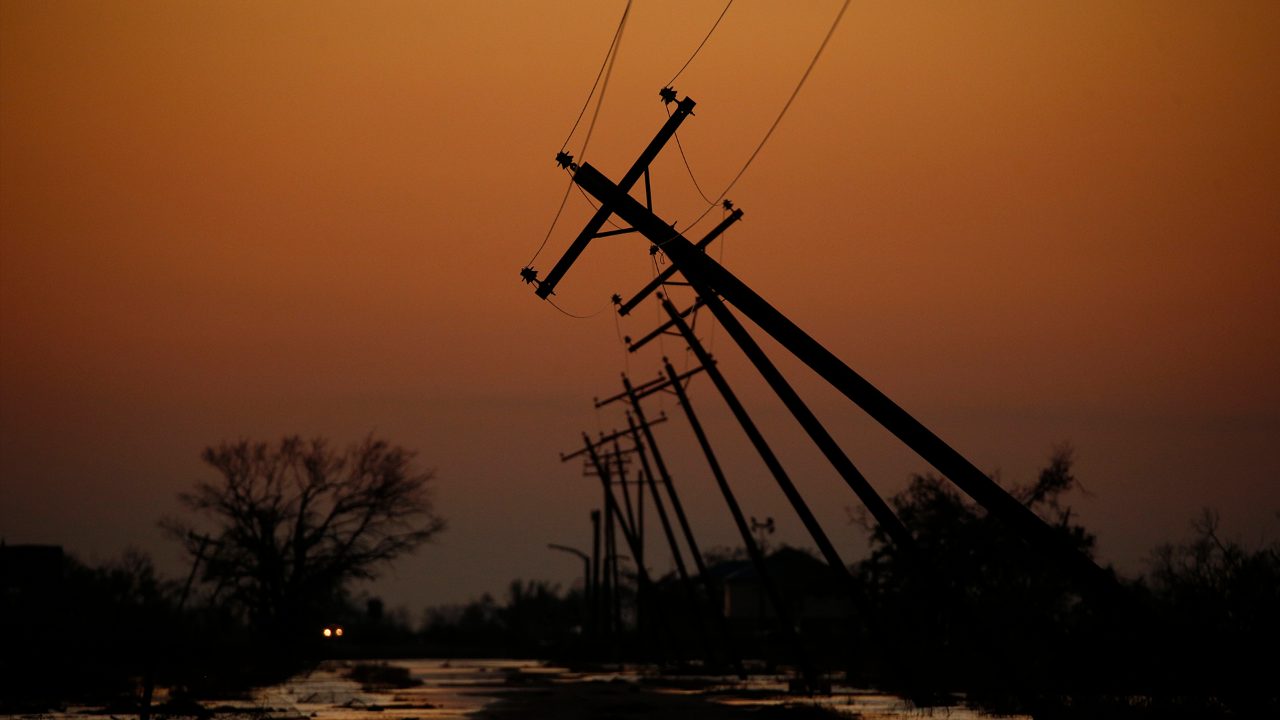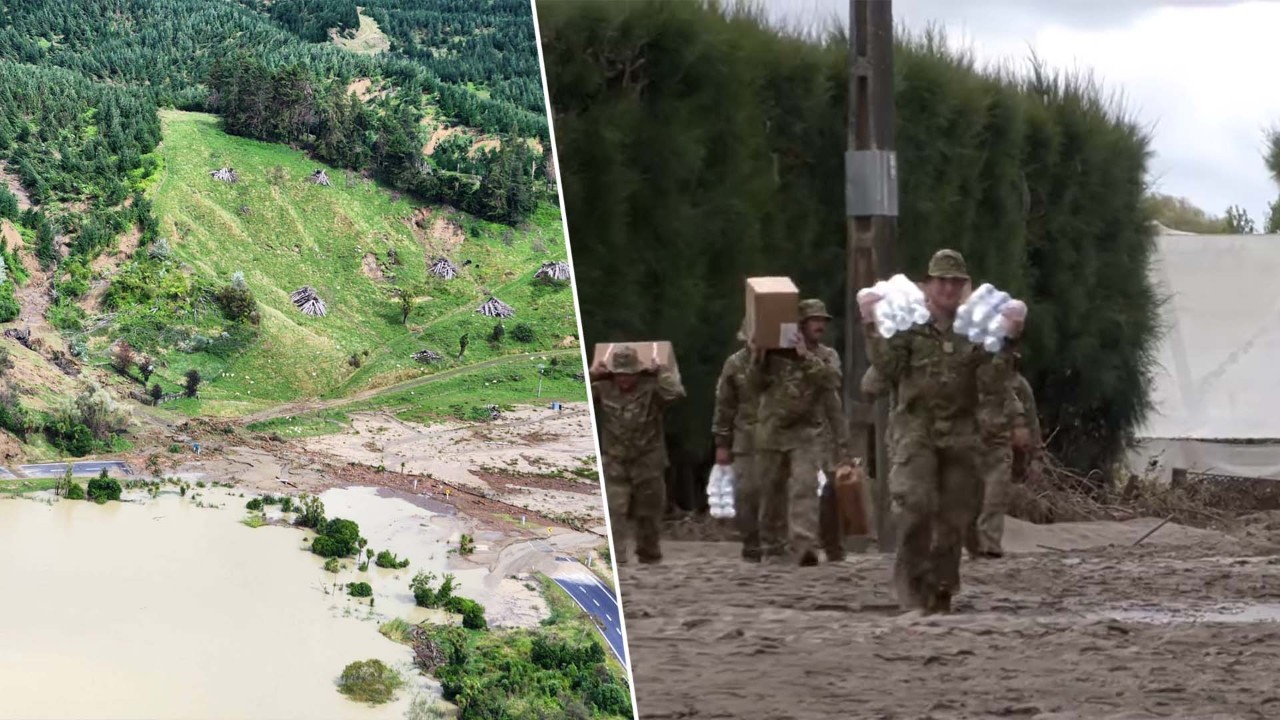Professor Hugh Campbell joined Rural Exchange this weekend to discuss his perspective on the aftermath of Cyclone Gabrielle alongside looking back on rural history to better understand the current crisis.
"It's been such a huge drama and I think it's still really only getting a sense of the scope of what has happened now. A lot of people are going to be seriously overwhelmed and concerned and will wonder what their future will hold."
Campbell brought up the writing of farmer and scientist Herbert Guthrie-Smith in his 1921 book Tutira: The Story of an NZ Sheep Station.
"It's a classic New Zealand immigrant story of the time where he avoided university in the UK and decided to come to New Zealand to farm. He was completely self-taught.
"He tells two stories simultaneously, the book was a best seller of the time. It's a ripping yarn about setting up a colonial farm with stories of the dramas and challenges they faced along the way."
It also became a remarkable scientific document at the time.
"He would wander the farm on his horse with his notebook where he would take meticulous records of what weeds and incests he would see on his farm. A whole lot of farmers of the time when reading the book would claim that they had the same things on their farm, it was a founding document written by an amateur farmer of the time."
With a multitude of issues and events like floods hitting his farm, Guthrie-Smith recalled that his use of the land was the cause of the floods
He mentions on looking back on his time on the farm "I've realised now it's not how you stock to prevent erosion, the way in which we stock the land has caused the erosion."
"In the book, Guthrie-Smith says the land was his labour of love, it's a story of trial, crisis and response, but we do it because we love the land."
"Those on the East Coast will be feeling the same after Gabrielle. The next phase of what happens will be driven by the passion and the love of the land from those who farm on it."
Check out the full interview with Rural Exchange and Professor Hugh Campbell above.













